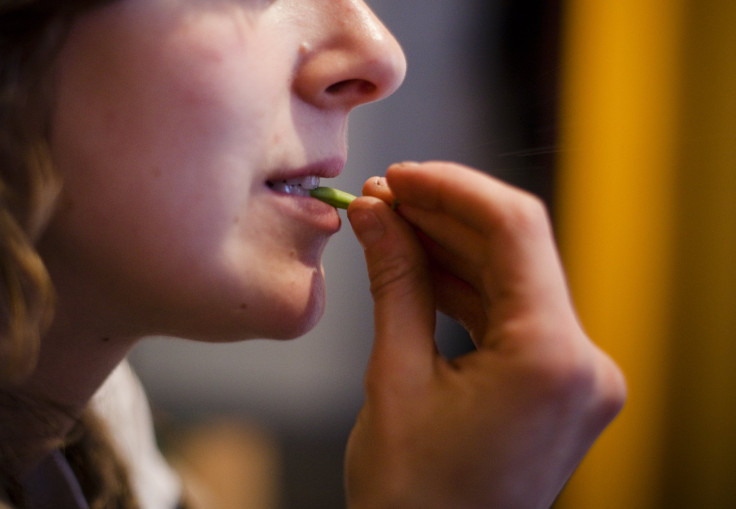Night Fasting: Not Eating For 13 Hours Or More Every Night May Reduce Risk Of Breast Cancer Recurrence

Fasting fewer than 13 hours per night may increase risk of disease recurrence in women with early-stage breast cancer, a new study finds. UC San Diego researchers say their results, combined with recent animal research, suggest longer fasting times during sleep protect against inflammation, abnormal glucose metabolism, and weight gain, all of which are associated with worse outcomes following cancer. Counterintuitively, it also found no relationship between shorter nighttime fasting and an increased risk of early death.
In developed countries, including the United States, breast cancer is the second most common cause of cancer deaths among women, whereas in developing countries it holds the top spot. A great deal of research has focused on specific diets to prevent cancer, and it is often presumed healthy eating can improve breast cancer outcomes, yet investigations of specific foods, food groups, and dietary patterns have provided mixed results. And, though they may appear sound, these theories have not yet been proven.
Still, researchers continue to spin theories. The latest to emerge suggests that when we eat matters, and it’s the focus of the current study.
Is Timing Everything?
In recent studies conducted on mice, researchers demonstrated that a 16-hour bedtime fasting regimen protects mice on a high-fat diet from abnormal glucose metabolism, inflammation, and weight gain. Considering these experiments, Dr. Ruth E. Patterson of UC San Diego and her co-authors examined whether the duration of nighttime fasting could predict a breast cancer prognosis in women. Specifically, their study looked at tumors that had not yet spread beyond the breast and lymph nodes as well as invasive (spreading) breast cancer during an average of 7.3 years of following up with patients. The team also investigated the total number of deaths from breast cancer, or any cause, during an average 11.4 years of surveillance.
For data, they looked to the Women’s Healthy Eating and Living Study. From 1995 to 2007, researchers had collected data from 2,413 women with early-stage breast cancer who, at diagnosis, ranged in age from 27 to 70 (an average age of 52.4). None of the participants had diabetes, and their average nightly fasting lasted 12.5 hours. Importantly, all their diet information was self-reported, and therefore may not be as precise as possible.
Analyzing the total data, Patterson and her colleagues discovered a decided relationship between eating before bedtime and cancer outcomes. The women who fasted fewer than 13 hours each night appeared to have a 36 percent higher risk for recurrence of breast cancer compared to the women who didn’t eat for 13 hours or more. Despite this negative cancer outcome, the researchers discovered shorter nightly fasting was not associated with a higher risk of death from either breast cancer or any other cause.
Poring over the details, the researchers also found each two-hour increase in nightly fasting was associated with a longer duration of nighttime sleeping and lower hemoglobin A1c levels, a measurement of blood sugar — lower levels indicate less risk of diabetes.
Though more experiments are needed to test these results, the researchers believe their findings have important implications, and concluded by noting a prolonged nightly fast could “potentially reduce the risk of type 2 diabetes, cardiovascular disease, and other cancers.” Prolong your fast; it’s worth a try.
Source: Marinac CR, Nelson SH, Breen CI, et al. Prolonged Nightly Fasting and Breast Cancer Prognosis. JAMA Oncology. 2016.



























